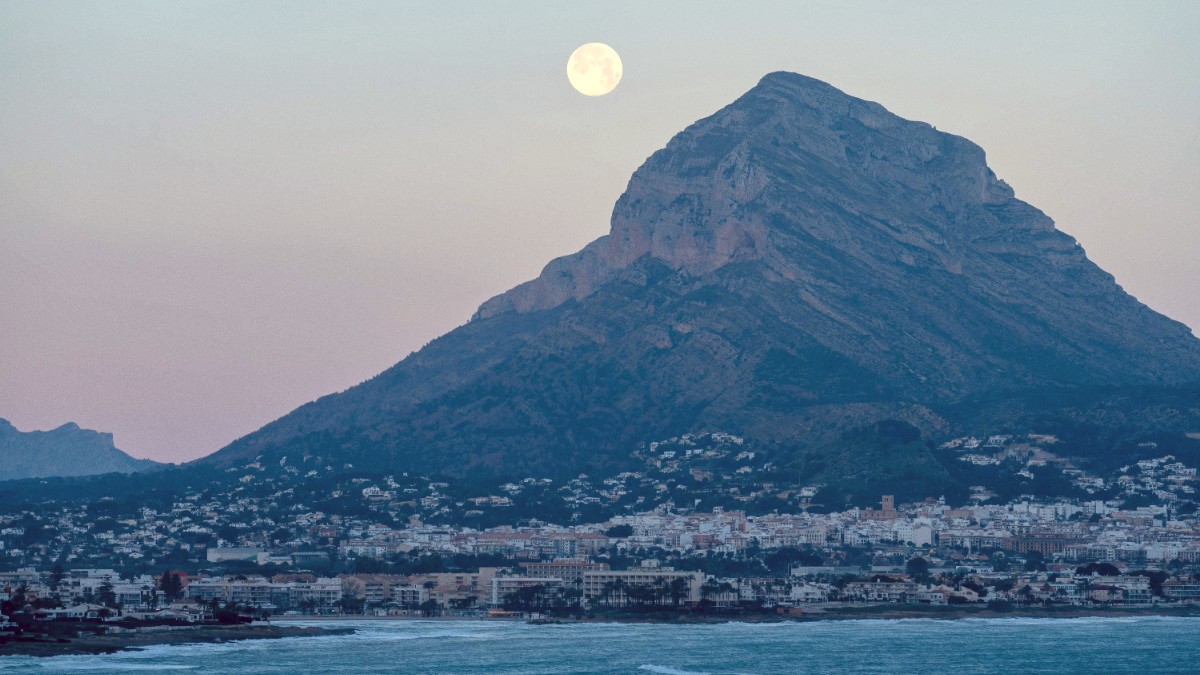
Spain
Major Spanish mobile providers include Movistar, Vodafone, Orange, and Yoigo. Local Prepaid SIM cards offer good value for data. An Unlocked mobile phone is a must for a local SIM. Airalo (eSIM) and Solis Wi-Fi (portable device) are also options.
Official languages in Denia are Spanish (Castellano) and Valencian. English is commonly used in tourist areas. Knowing basic phrases shows courtesy.
Access airport lounges with Priority Pass. For flight issues, Compensair helps with compensation claims.
Correos, the Spanish national post office, maintains offices in Denia. Yellow post boxes are found throughout the town.
Locals truly welcome a few basic phrases in Spanish or Valencian.
Opening and closing times for businesses vary across Spain. Plan your day with these typical operating hours in mind.
Generally 10:00-14:00 and 17:00-20:00/21:00 (midday siesta). Larger stores often open continuously 09:00/10:00-21:00/22:00.
Lunch 13:30-16:00, dinner 20:30/21:00 until late. Many close between services. Cafes/bars open early to late.
Banks typically 08:30-14:00, Monday to Friday. ATMs are widely available 24/7.
Hours vary by season. Many museums are closed on Mondays for maintenance.
Spain observes national, regional (Valencian Community), and local (Denia) holidays. Businesses may close or have reduced hours.
Always verify opening times for individual places before your visit, especially around holidays or during off-peak months.
Here are a few points on etiquette and cultural norms.
Formal settings involve handshakes. Among friends, two kisses on the cheek are customary between women, and between a woman and a man. Men typically shake hands unless close friends.
Dress in Denia is generally casual. For religious sites, modest clothing covering shoulders and knees is respectful. Smart casual is suitable for evening dining.
Meals are often leisurely. Do not expect immediate service. Tipping is not as common as in some countries; small tips for good service are appreciated but not always mandatory.
Photography of public spaces is generally fine. Asking permission for close-ups of people is polite. Avoid sensitive political discussions or comparing Spain to Latin American countries.
For specific needs, contact the local Denia Tourism Office (Deniaturismo) directly. They provide information on accessible facilities and services.
Your presence as a visitor carries influence.
Denia features the Montgó Natural Park and Les Rotes Marine Reserve, protected for their biodiversity. Terrapass carbon offsets are available for flights.
Spain maintains robust recycling. Water scarcity marks the Mediterranean region.
For outdoor activities, consider gear from sustainable retailers like Patagonia.
Shop sustainable gearYour spending choices directly affect the local economy. Choose options that benefit the Denia community.
Choose locally owned guesthouses, restaurants, and tour operators. This channels tourism spending to local families and businesses, not large international corporations.
Purchase souvenirs and goods from local artisans and farmers' markets. This helps traditional crafts and producers.
If you wish to contribute to local causes, research reputable local charities or NGOs. This helps your contribution be effectively used.
Give through organized efforts for impact.
Support groups like The Rainforest Site.
Research local charities for direct contributions.
Avoid activities that exploit animals or human labor. Research activities like Bous a la Mar for ethical considerations.
Conscious spending aids the Denia community's growth and preservation.